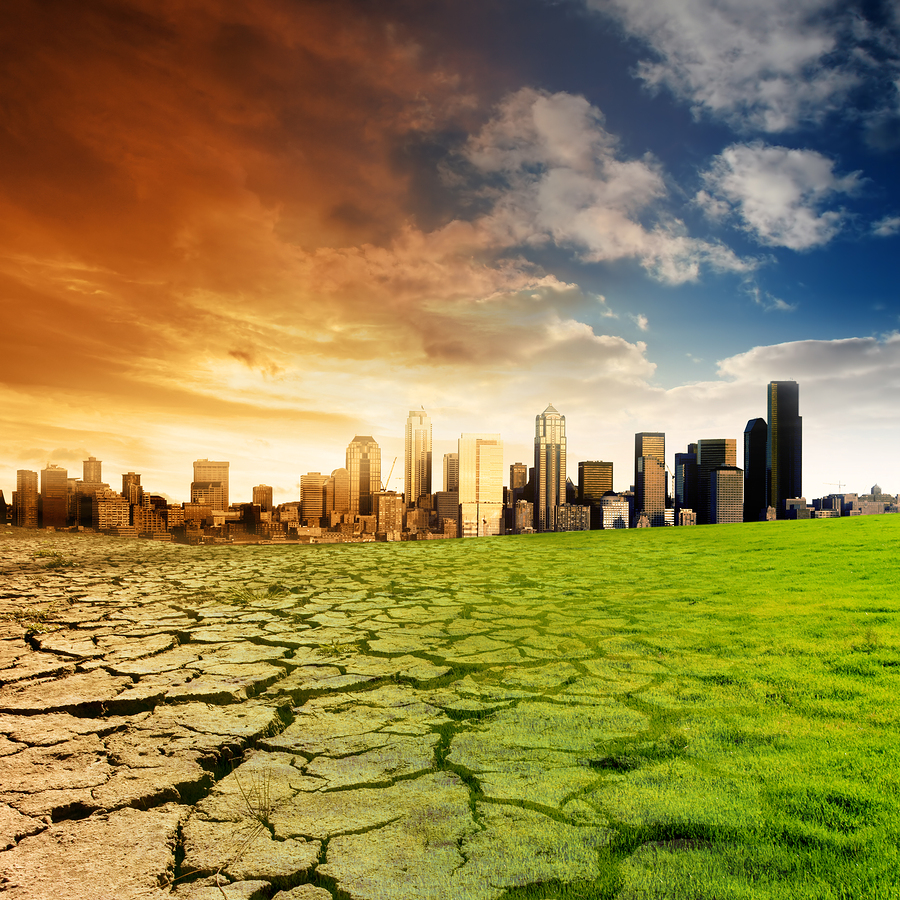An era of communication dominated by digital content and fake news cannot go without consequences and drawbacks to the acquisition and maintenance of knowledge, which is instrumental for the survival and quality of life.
Nowadays, politicians, celebrities, and influencers have the freedom to express their personal beliefs, no matter how controversial or unfounded these might be. Some are people who have massive fanbases and use their social media platforms to express their disbelief in climate change or vaccines.
Earlier this year, the United States President, Donald Trump, appointed William Happer, a physicist famous for his skeptic posture towards climate change, to lead the Presidential Committee on Climate Security.
Happer is just one scientist in a long line of academics with problematic points of view. In fact, even some Nobel Prize awardees have controversial ideas on these topics. Kary Mullis, who was awarded this honor in 1993, was very public about his belief that AIDS did not exist and that global warming was a made-up story pushed by social parasites who had studied economy or sociology. Françoise Barré-Sinoussi, the scientist who discovered the AIDS virus herself and was also awarded the Nobel prize in 2008, considered his discourse uninformed, biased and dangerous.
Mullis’ point of view is not the only concerning perspective of an eccentric scientist who believes that his experience makes him an expert in fields of work other than his own. Unfortunately, his ideology is typical of a social thought structure supported by millions of people in which opinions and personal beliefs replace hard facts.
Science is not only about facts but also about the way we interpret them; perception gives context and meaning to the data in front of us. This is why it is impossible to talk about science without considering the human perspective. But what happens when this perspective is shaped for political purposes? What if the accumulating evidence of devastating environmental damage is ignored to the point of no return, and we are still not even close to a solution? Is that the time to reexamine the perspective we use to approach environmental education, or before?
Where we are now
2019 has been a year full of natural disasters. Iceland was just the first nation in history to hold a funeral to mourn the death of a glacier. The Amazon Jungle in Brazil has registered 74,000 wildfires this year, an 83% increase over 2018. To make matters worse, Brazil’s President Jair Bolsonaro made a mockery of the tragedy by alleging that non-governmental organizations (NGOs) were behind the fires. From a certain point of view, this can be seen as an unnecessary politicization of an environmental disaster and a deflection that keeps people from determining the direct causes of environmental damage and how these should be addressed. The wildfires in Brazil are only the tip of the iceberg; beekeepers there reported the deaths of 500 million bees due to the irresponsible use of pesticides.
The need for education to develop environmental consciousness
To date, there are no standardized programs that guarantee environmental education in all schools in the world. However, there are individual and institutional initiatives to bring scientific knowledge into schools about the alarming condition of the environment and the urgent need for its care.
The North of Tyne region of England aims to be the first place in the world with a United-Nations-accredited climate change teacher in every state school. Teachers will be certified through a 15-20-hour course that will cover areas such as climate change science, adaptation planning, health, forests, climate change finance, and international negotiations.
In Canada, 150,000 students skipped classes and took to the streets on March 15, 2019 to demand more direct action from the government and society to address climate change. This was part of the biggest initiative to date to fight climate change.
“Fridays for Future” was funded by Greta Thunberg, a 16-year-old activist who started by participating in protests outside the Swedish Parliament. She recently just completed a two-week sail across the Atlantic Ocean from Plymouth, England to Manhattan on a journey to give visibility to climate change. She sailed instead of taking a plane because of the harmful carbons emitted by aircraft. Greta will participate with high-ranking representatives from countries all over the world in the “United Nations Climate Change Summit 2019.”
Millennials and Gen Zs are leading the charge for a more sensible and apolitical perspective about environmentalism. The next step would be for educational institutions to join this effort in more serious and committed ways to develop educational programs that give young people the knowledge and tools they need to resolve the undeniable environmental crisis that threatens our world today and in the future.
This article from Observatory of the Institute for the Future of Education may be shared under the terms of the license CC BY-NC-SA 4.0 
)
)



)